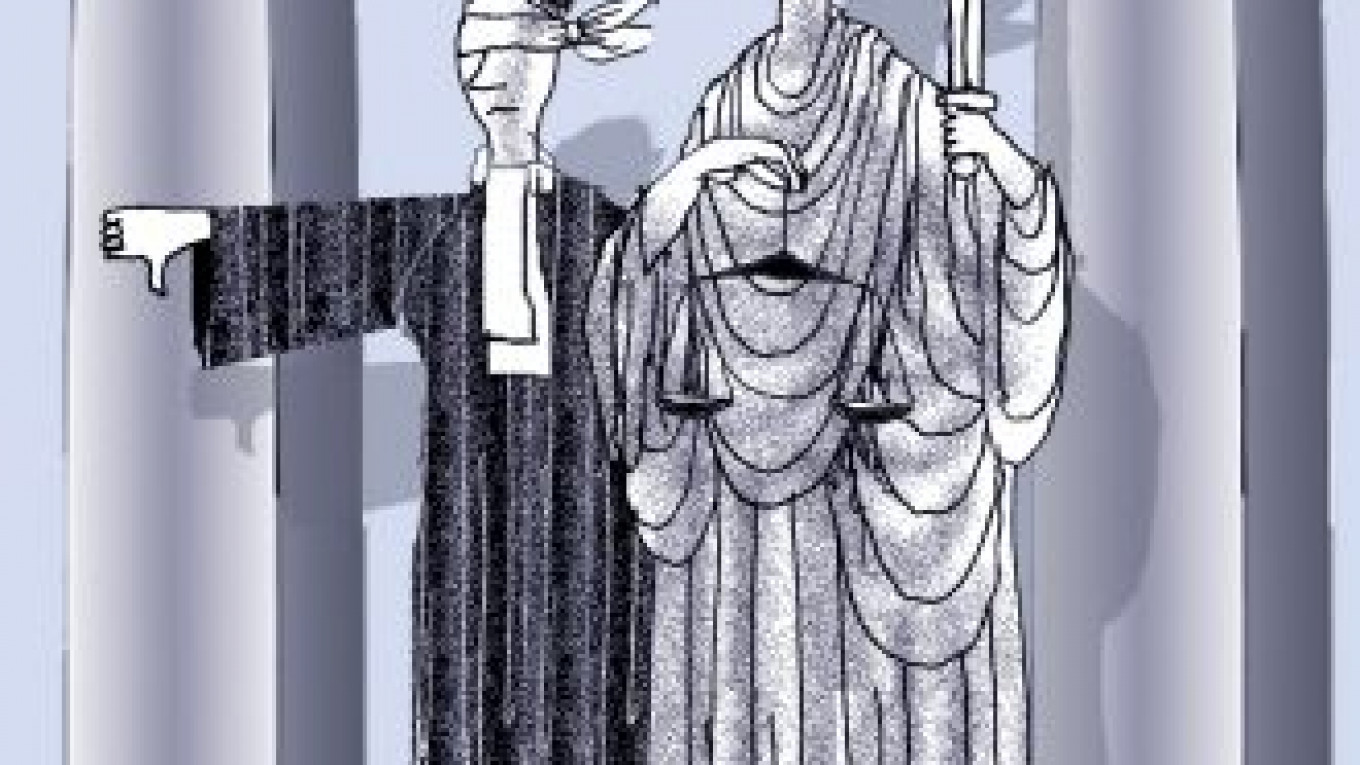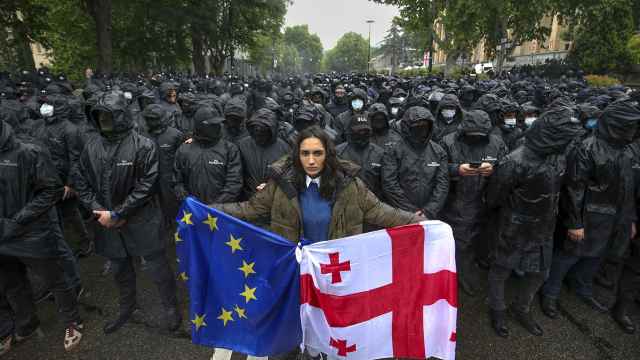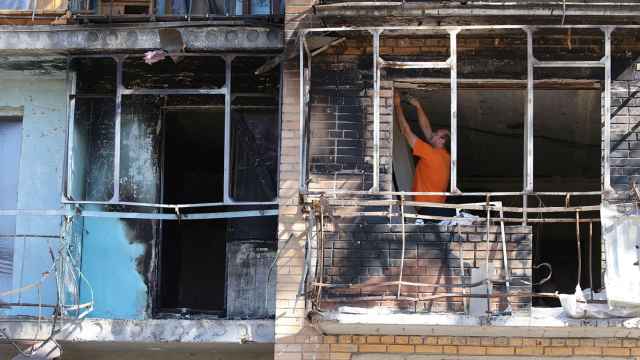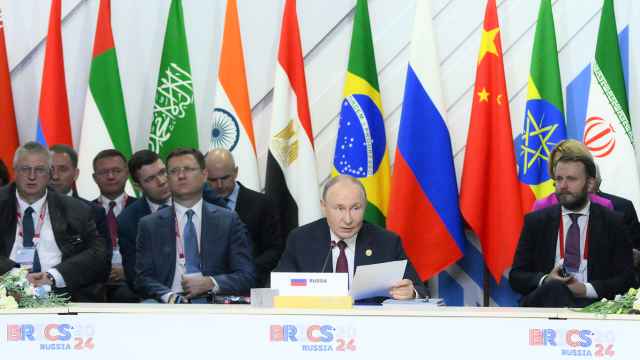Russia's courts are notorious for their acquittal rate of only 0.3 percent, but low rates are common in several of the most developed countries in the West. For example, the aquittal rate in Germany is 3 percent, although this is still 10 times higher than in Russia. Yet if you look at Ontario, Canada, the acquittal rate drops sharply to 0.6 percent, and in the New York City criminal courts it is even lower at 0.1 percent.
What is the reason for this wide disparity? As Todd Foglesong of Harvard University explained at a recent conference held in Moscow on the country's criminal justice system, cases against 17 percent of all persons arrested in New York are resolved in one way or another by the police and prosecutor's office. In San Francisco, the police release 25 percent of the individuals accused of committing felonies. A much wider range of resolutions occurs at the next stage of proceedings. For example, in San Francisco in 2011, only 60.9 percent of those accused of committing felonies were convicted, with the remaining cases reaching resolution in other ways.
If Russia's system of prosecuting criminals can't admit its mistakes, the whole purpose of criminal justice will be lost.
At first glance, these facts seem to fully confirm the typical argument made by legal scholars that many cases are dropped during the investigative stage or in court. But the reality is more complex. Cases are terminated for a wide variety of reasons, such as when the statute of limitations has expired. In all such instances, a record remains on all government databases that the defendant was formally charged with a crime.
Another factor is judicial discretion. Russian courts dismiss a large number of cases. In 2011, about 17 percent of cases were dismissed on "non-rehabilitative grounds" and roughly 1 percent on "rehabilitative grounds," while 82 percent of those accused of a crime were found guilty. In San Francisco, 30 percent of those accused of minor crimes are sentenced, as are 60 percent of those charged with serious crimes. A variety of other methods is employed in the remaining cases, and they depend in part on whether the defendant has a previous criminal record.
The low number of court acquittals in Russia is not the only problem. The country's judicial system issues complete acquittals in fewer than 2 percent of all cases. And in 24 percent of cases, it convicts defendants of crimes but allows them to leave the courtroom without a sentence. The other 75 percent of those accused of a crime are ultimately convicted. By comparison, the corresponding figure is a little more than 10 percent in Germany, in San Francisco 25.1 percent and in New York the number is a nearly record high of 50 percent.
If the system of criminal prosecution is not capable of acknowledging its mistakes and sensibly evaluating the quality of evidence, the whole purpose of criminal justice will be lost. Why go through the whole cumbersome and formal process of a criminal trial if there is practically no possibility the defendant could be found innocent?
Where is the best place to begin fixing this system? As paradoxical as it sounds, it should begin with the courts. Both police, investigators and prosecutors have long ago assumed quasi-judicial functions. Simply put, they have learned to free people who are obviously innocent and those against whom little incriminating evidence is available. But it was the demanding court system that taught them to act this way. Until judges begin complaining to prosecutors about poorly prepared or pointless cases that they bring to court, nobody involved in the earlier stages of the criminal justice system will be motivated to improve their work.
Kirill Titayev is a senior research fellow at the Law Enforcement Institute of the European University in St. Petersburg. This comment appeared in Vedomosti.
A Message from The Moscow Times:
Dear readers,
We are facing unprecedented challenges. Russia's Prosecutor General's Office has designated The Moscow Times as an "undesirable" organization, criminalizing our work and putting our staff at risk of prosecution. This follows our earlier unjust labeling as a "foreign agent."
These actions are direct attempts to silence independent journalism in Russia. The authorities claim our work "discredits the decisions of the Russian leadership." We see things differently: we strive to provide accurate, unbiased reporting on Russia.
We, the journalists of The Moscow Times, refuse to be silenced. But to continue our work, we need your help.
Your support, no matter how small, makes a world of difference. If you can, please support us monthly starting from just $2. It's quick to set up, and every contribution makes a significant impact.
By supporting The Moscow Times, you're defending open, independent journalism in the face of repression. Thank you for standing with us.
Remind me later.






